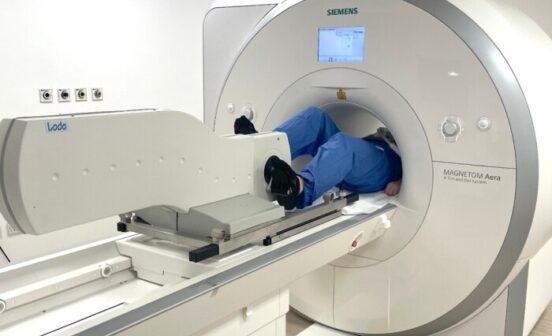DiagnosticTherapeutic Patients taking statins experience similar side effects from dummy pills

In a clinical trial of 60 patients, led by researchers at Imperial College London and clinicians at Imperial College Healthcare NHS Trust, 90 per cent of symptoms experienced by patients whilst taking statins were all present when they took placebo pills.
Statins are one of the most commonly prescribed drugs in the UK, with around seven or eight million adults in the UK taking them. They help lower cholesterol in the blood. Having a high cholesterol level is potentially dangerous as it can cause hardening and narrowing of the arteries, leading to cardiovascular disease.
Previous studies have shown that, in certain people, statins reduce the risk of heart attack, stroke, and even death from heart disease by about 25-35 per cent. Most people tolerate statins but it is estimated that around one fifth of patients stop taking or refuse the drug due to reported side effects such as muscle aches, fatigue or joint pain.
The researchers behind the new study suggest that these side effects are mostly caused by the nocebo effect – where people experience side effects from a therapy because of a negative association with it – rather than an actual pharmacological effect of the drug. The team suggest that doctors should inform patients of the nocebo effect when prescribing statins and manage their expectations of taking them, to help encourage people to stay on or take the medication.
The study, is supported by NIHR Imperial BRC and funded by the British Heart Foundation, is published in the New England Journal of Medicine and will be presented at the American Heart Association Conference today.
Dr James Howard, Clinical Research Fellow at Imperial College London and Cardiologist at Imperial College Healthcare NHS Trust, said: “Statins are life-saving treatments that can help prevent the risk of heart attacks, strokes and cardiovascular disease.
Previous studies have shown that statins are safe and effective at preventing serious health conditions but some patients stop taking or refuse the drug due to reported side effects, potentially increasing their risk of heart attack and stroke in the long-term.
Read the full story by Maxine Myers here. © Imperial College London




